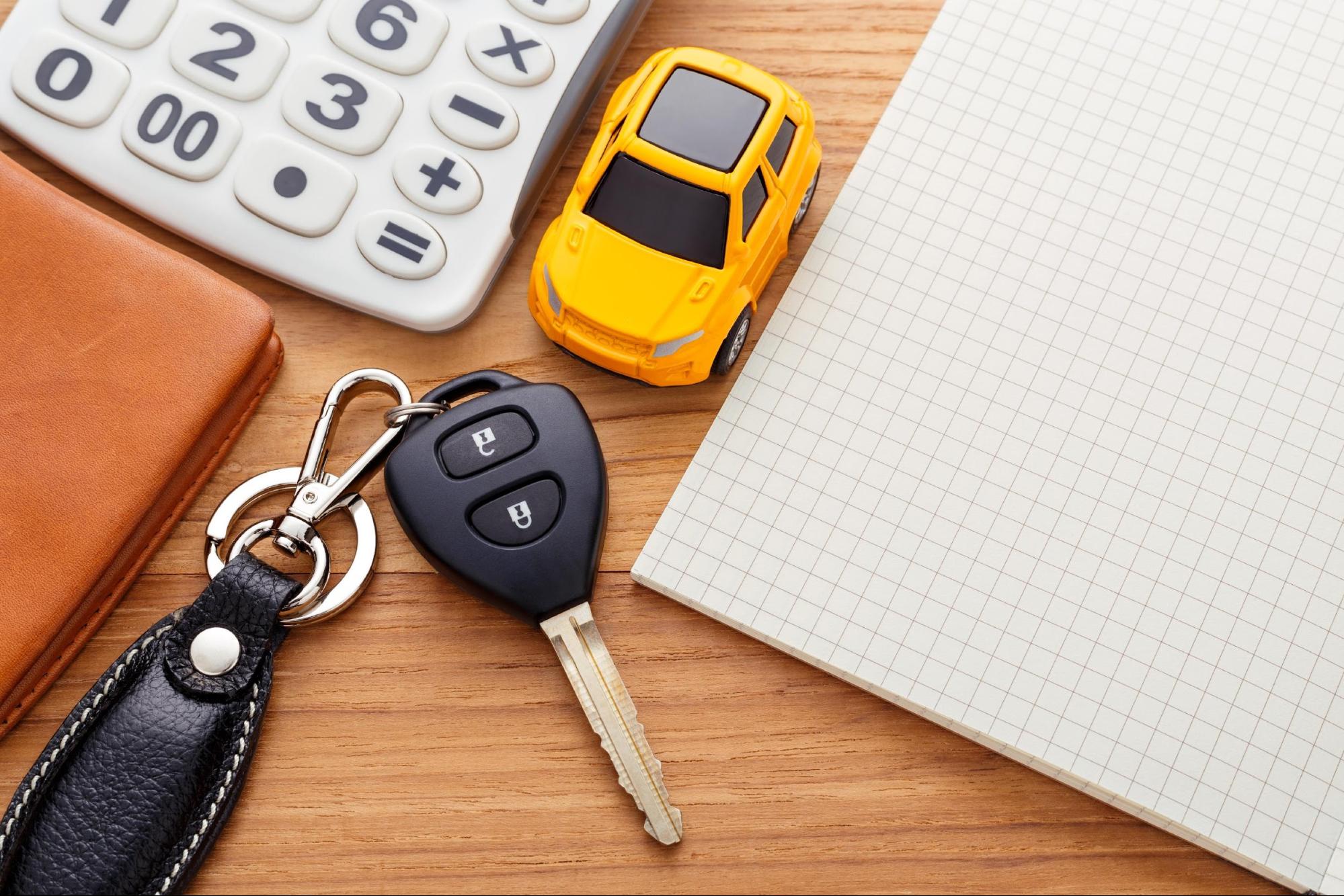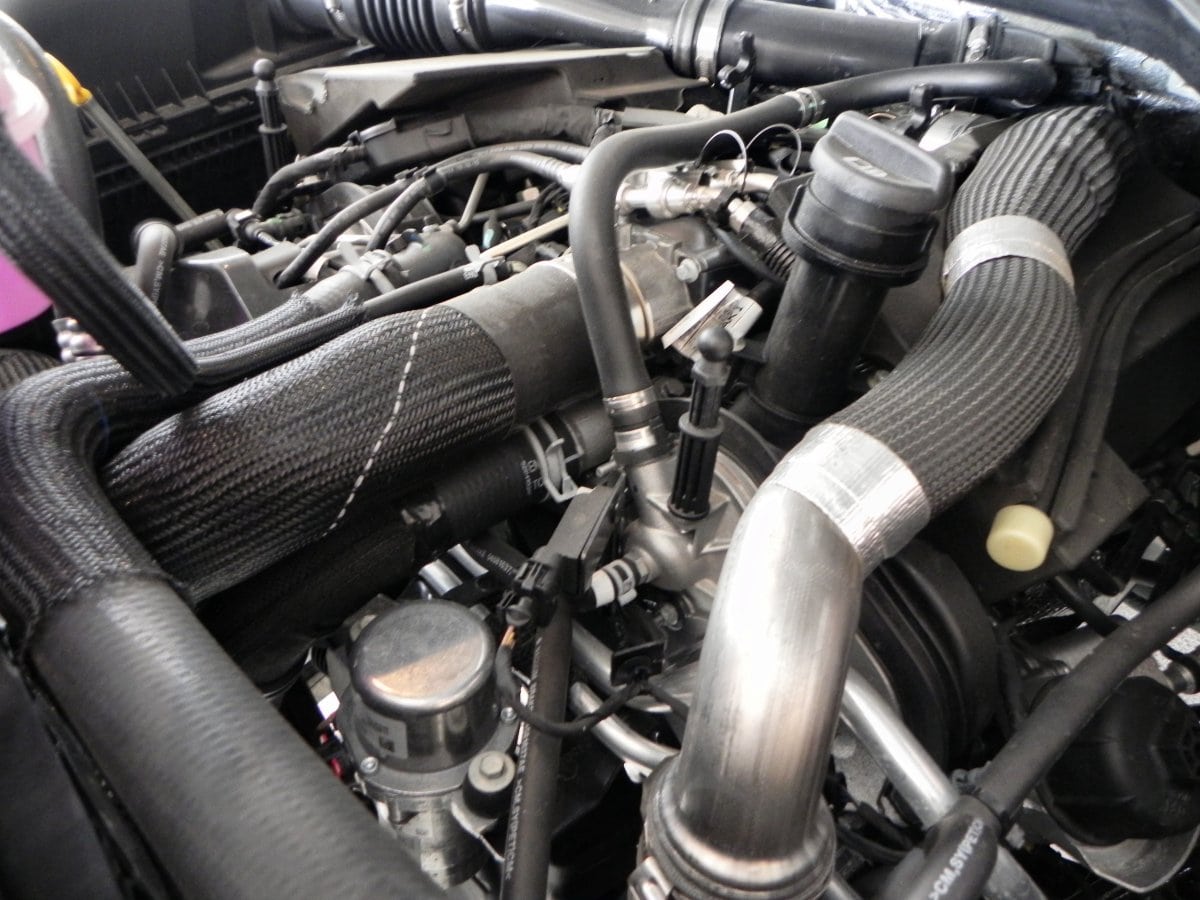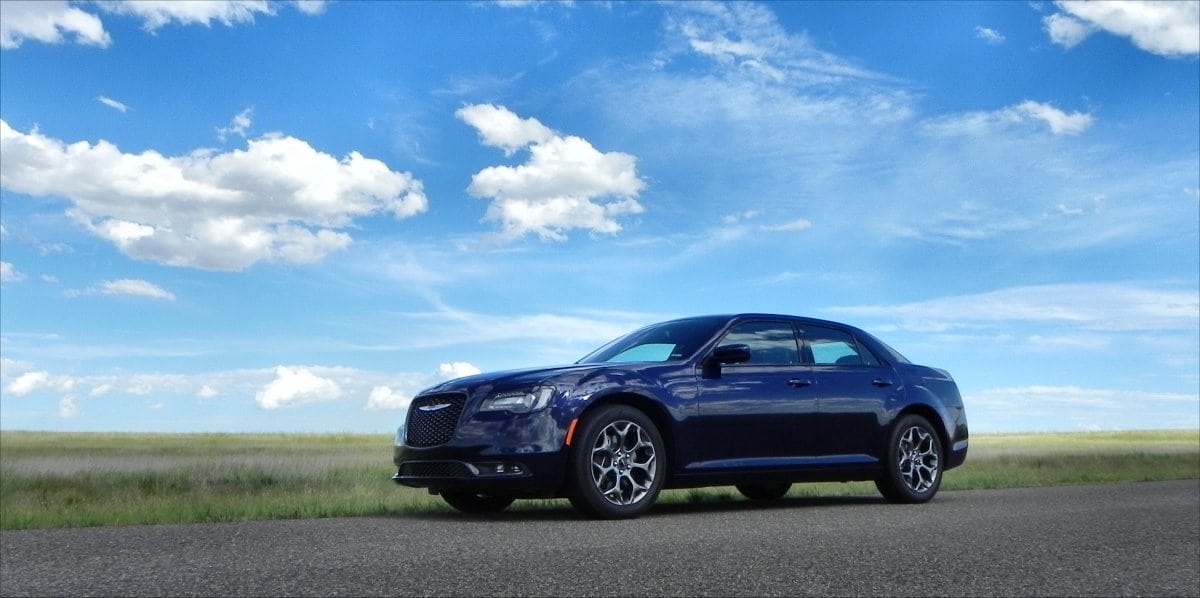Most people selling cars have good intentions. However there are some dodgy dealerships and private seller pirates out there that you do need to be wary of. A car can be an expensive purchase – you don’t want to be deceived into splashing out lots of money on a car that’s falling apart. Below are a few tips to help you avoid getting ripped off.
Buying from a dealership
Buying from a dealership is always a lot safer than buying from a private seller. While cars from dealerships can be more expensive, it’s much less likely you’ll be scammed (and if you do get scammed, you have much more options when it comes to claiming a refund or suing as you’ll have a receipt and address). Dealerships also have other perks such as the ability to explore finance options, access to expert knowledge and generally cleaner/shinier vehicles to choose from.
To avoid people ripped off by a car dealership, here are a few tips to consider.
Check dealership reviews
The best way to determine whether a dealership is trustworthy or not is to check their online reviews. If a dealership has lots of reviews and most of them are positive, it’s usually a good sign. Read a selection of reviews to check that they’re genuine reviews (if there are lots of nondescript good reviews written around the same time, it’s likely they could be faked).
Shop around for prices/finance options
To make sure that you’re not being overcharged, consider comparing prices of other dealerships in the area. A good dealership will largely have prices in line with other dealers with a few good deals here and there. Prices that are very low should be viewed with suspicion (they may be making up for a bad reputation).
It’s worth also researching into lenders yourself rather than relying solely off the dealership finance options. If you find lots of better loan options elsewhere, consider whether the dealership is ripping you off.
Consider if there’s a warranty
A warranty is a great form of protection worth looking out for when buying from a dealership. You’ll be covered against any repairs within a certain period of time (usually a year). Such warranties usually show that the dealer is confident about the condition of the vehicle. Some dealerships even offer lifetime warranties – you can click here to see such a dealership. You’ll have to spend a little extra, but it could make any future repairs a lot more affordable. Just make sure that this warranty is being charged to you at a ridiculous price.
Read the small print
Before signing any contracts, always read the small print to check that there are no hidden clauses of fees. A lot of dealerships will charge transfer fees that may be hidden in the terms and conditions. There may even be clauses protecting the dealership from being sued. A good dealership will usually make any terms and conditions clear so that you don’t have to search for them.
Don’t be pushed into buying unwanted extras
A lot of dealerships make their commission through selling extras. This could include GAP insurance, wheel and tire cover, ‘free’ oil changes or various extra parts such as seat covers or a roof box. New car dealerships may have all kinds of extra modifications that you can pay for. Make sure to weigh up the price of all of these extras and whether you really need them. While the likes of GAP insurance can sometimes be a good deal, you should decide whether you really want to pay $100 extra for a roof box.
Buying from an independent seller
Buying from a private seller is a lot riskier. There’s a lot less protection in place if you get ripped off. However, many people choose independent sellers because they’re a lot cheaper than buying from a dealer.
Below are a few golden tips for buying from an independent seller.
View the car at their address
When planning to view the car, always view it at their home address. If a seller is reluctant to give out their home address and wants to meet somewhere else, this is usually a red flag that something dodgy is going on. A trusted seller should be open enough to give you their address and contact details – this allows you to get in touch with them if you’re sold a vehicle with hidden flaws.
Check car history and paperwork
It’s important that the seller has all the appropriate paperwork such as a registration document, MOT certificate and service history receipts. These will prove that the seller does indeed own the car and that it hasn’t got any serious faults. You can research information on the car online – in fact, it’s worth doing this as a precaution in case documents are false.
Inspect the vehicle
Make sure to inspect the vehicle to check that there are no hidden faults. Look out for scratches or damage that has not been discussed with you already. Turn the key in the ignition to check that there aren’t any odd warning lights and that the fuel tank isn’t nearly empty (a decent seller will usually fill it up for you). It could also be worth bringing a mechanically knowledgeable friend to look under the bonnet.
Feel free to ask questions
If you have any questions about the car, ask away. If you’re buying online and not viewing the car, it could be essential to ask as many questions as possible so that you have a good idea of the vehicle you are buying.
Take a test drive
A test drive is recommended when buying any vehicle. If a seller is reluctant to let you test drive the car, it should raise alarm bells. On top of giving you a feel for the car, a test drive will help you to detect any faults you wouldn’t otherwise pick up just from inspecting the vehicle stationary. This could include odd noises, stiff gears or steering that seems to drift.






